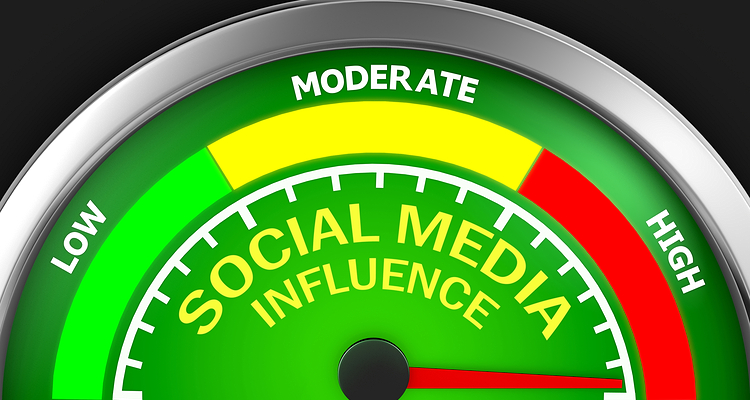
Photo Credit: Shutterstock
After yet another flare-up of controversy surrounding brands and marketers that use celebrity influencers for “stealth” marketing campaigns, the Federal Trade Commission (FTC) finally sent out more than 90 letters to influencers and marketers who had been specifically targeted by the FTC for tougher enforcement. It has now been nearly five months since the letters went out in mid-April, but how much has really changed in the world of social media influencer marketing?
The FTC cracks down on influencers
The FTC letters – available for all to see on the agency’s website – specifically mentions that social media influencers (such as Instagram celebrities who receive financial compensation in exchange for promoting products) must disclose any “material connection” with a brand or company. In short, if influencers are getting paid to promote products or benefit in any way financially (such as an influencer who is a part-owner or investor in a company that he/she is now promoting), the consumer needs to know.
And the FTC went one step further, too. It specifically noted that it would no longer tolerate half-hearted disclosures, such as simply using the hashtag #sp to designate “sponsored post.” (You have to admit, that’s pretty weak) Even a hashtag such as #partner or #thanks wouldn’t be enough, said the FTC. The disclosure has to be upfront and at the very top, otherwise consumers wouldn’t notice it on a tiny mobile screen. And the FTC made clear that any attempt to bury the disclosure somewhere in a maze of hashtags wouldn’t work either.
The example of Kim Kardashian
So you would think that social media influencers would have gotten the message by now, right? Well, check out the Instagram feed for Kim Kardashian – at just about the same time as the FTC warning letters went out, there was a post of the very sexy young Miss Kardashian wearing some skimpy black lingerie and promoting a new #morningsickness medication. At the top of the post was the hashtag #ad – but then the rest of the post was a shameless pitch for the morning sickness medication. Is that really what the FTC had in mind?
That Instagram post, by the way, has now picked up nearly 800,000 likes. It’s a safe bet that Miss Kardashian, the drug company and her marketing team weighed the pros and cons of using a promoted post like this and figured that, hey, as long as they preface things with the word #ad, things are going to be OK from a legal perspective.
Making an example of a celebrity influencer
This, of course, raises the obvious question: What exactly does the FTC have to do to crack down on this behavior? Obviously, simply sending out a nice little form letter isn’t going to do the trick. There’s just too much money at stake for influencers. After all, as they say, “always follow the money.” As a result, just about the only way to clamp down on this behavior might be to levy some pretty significant fines.
Of course, nobody wants to make an example of someone like a Kardashian. But let’s face it, if you’re going to post a photo of yourself eating a bucket of fried chicken on a private jet (“Popeyes on the PJ”) as Kourtney Kardashian did recently, you need to at least tell fans that, no, you would normally ever, ever, ever eat Popeyes Louisiana Kitchen fried chicken on a fabulous private jet unless someone was paying you big bucks to do so.